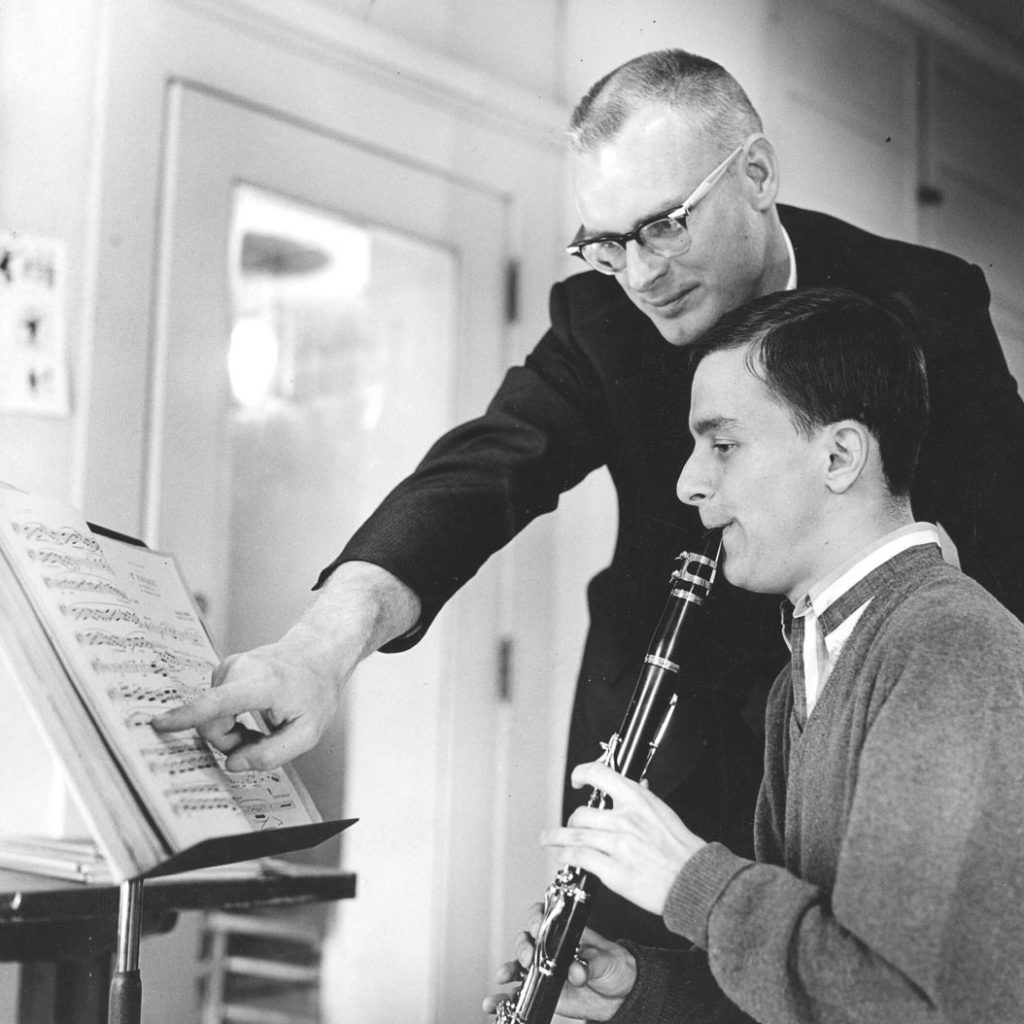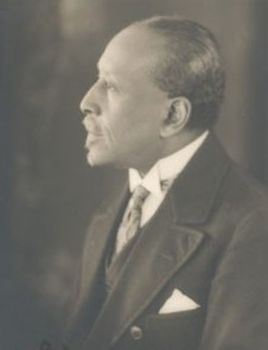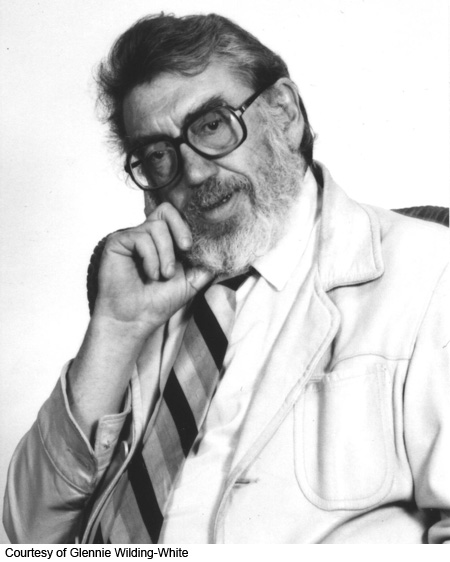by Jarrett Hoffman

•Today: Les Délices premieres Season 4 of SalonEra with “Celestial Soundtrack”
•R.I.P. Donald Byo
•Virtual events from Assembly for the Arts: Guaranteed Basic Income for artists, and a new economic impact study of the nation’s nonprofit arts and culture organizations
•Announcements: honors for CIM student pianist Soo Ji Lee, and an upcoming instrument drive from Center for Arts-Inspired Learning
•Almanac: two composers with Cleveland connections — Henry Lawrence Freeman and Raymond Wilding-White
HAPPENING TODAY:
Today brings the Season 4 premiere of Les Délices’ SalonEra series. The first episode, “Celestial Soundtrack,” explores mathematics and music through the musical worlds of Galileo Galilei and his father, composer Vincenzo Galilei, as well as the life and music of 18th-century astronomer and composer William Herschel. The episode is curated by violinist Shelby Yamin, with three special guests: astronomer Juan Lora, lutenist Charles Weaver, and cellist Léonie Adams of the Dionysus Ensemble. Watch here.
R.I.P. DONALD BYO:
The Dana School of Music has shared the news of the passing of Donald Byo (pictured above, teaching), who died on October 2 at the age of 91. A Dana alum, Byo went on to serve as director of the school for 16 years. Among his many other accomplishments, he taught bassoon at Youngstown State, was principal bassoon in the Youngstown Symphony, and served as conductor of the WD Packard Concert Band.
“Donald Byo touched the lives of many students within the Dana School of Music and people in the Youngstown area,” the school said in a post on Facebook. “We are eternally grateful for his time at YSU, and his legacy will live on forever. We extend our deepest condolences to Donald Byo’s friends and family.” Read an obituary here.
ASSEMBLY FOR THE ARTS VIRTUAL EVENTS:
Guaranteed Basic Income (GBI) programs for artists are being tested out more and more in cities across the country and around the world. On Thursday, October 12 from 6:00-7:30 pm, Assembly for the Arts will host a conversation on Zoom with two of the nation’s leading organizations in arts-based GBI: Springboard for the Arts and Creatives Rebuild New York. RSVP here.
Earlier that same day, from 2:00-3:30 pm on Zoom, you can join Assembly for the national release of Arts & Economic Prosperity 6, Americans for the Arts’ new economic impact study of the country’s nonprofit arts and culture organizations. The event is hosted by actress, singer, dancer, and civil rights activist Rita Moreno. RSVP here.

Cleveland Institute of Music pianist Soo Ji Lee has won the Grand Prize at the 2023 Young Soloist International Music Competition. Currently pursuing her Doctor of Musical Arts degree as a student of Kathryn Brown, she also received her bachelor’s at CIM, studying with Antonio Pompa-Baldi and Emanuela Friscioni.
The Center for Arts-Inspired Learning (CAL) will host an instrument drive on Saturday, October 14 from 10 am to 3 pm. Donations of gently-used musical instruments will be accepted for the benefit of 3rd-12th grade students in the Play It Forward Cleveland free music program. Click here for more information.
TODAY’S ALMANAC:
by Daniel Hathaway
Meet, if you haven’t already, two composers with Cleveland connections who were born on October 9 in 1869 and 1922 respectively.

In June, 2015, Morningside Opera, Harlem Opera Theater and the Harlem Chamber Players gave two performances of Freeman’s VOODOO, a Harlem Renaissance Opera at Columbia’s Miller Theater. Watch a trailer here.
Raymond Wilding-White, born in Surrey in England, followed a circuitous career path that took him to France, Argentina, the Juilliard School, the New England Conservatory, then to Cleveland in 1962 to occupy the Kulas Chair at CWRU and to become one of the city’s foremost exponents of avant-garde music. He won the Cleveland Arts Prize for Music in 1967, when Dennis Dooley wrote:

By the time of his death in 2001 at the age of 78, Wilding-White’s catalogue of more than 200 compositions comprised chamber music (including seven string quartets), dozens of songs and choral works, concertos, three symphonies (and another for swing band), an opera for television (The Selfish Giant), stage works, arrangements for jazz vocal groups, and oratorios—all of them full of a sense of exploration. One of the most ambitious is De Profundis, a meditation for orchestra and multiple vocal groups on “the Eight Virtues and Seven Vices as Seen by Peter Breughel.” Taking its title from the ancient Latin hymn sung at funerals that begins, “Out of the depths, I cry to thee, O Lord,” it juxtaposes texts from such disparate sources as the medieval play Everyman and a 1960 book written for the Rand Corporation by military strategist Herman Kahn with the chilling title, On Thermonuclear War.
Alas, the only recordings readily available seem to be his choral arrangements of Aaron Copland’s Old American Songs. Wouldn’t it be interesting to hear a performance of De Profundis?



